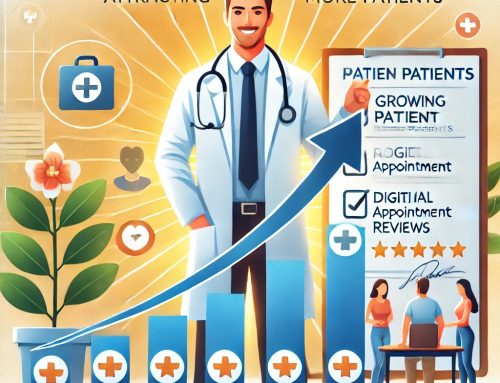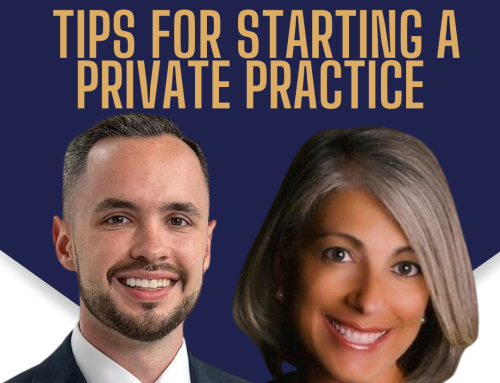 Barbara Hales, M.D. and Michael Hauge
Barbara Hales, M.D. and Michael Hauge
Michael Hauge is one of the best storytellers around. He is considered a Hollywood story expert who was consulted on projects for every major Hollywood studio, including films starring Will Smith Julia Roberts, Morgan Freeman and Reese Witherspoon among many others.
Michael has a 6 Step Success Story formula that gives your potential clients the emotional experience of success and will move them to take action.
What does that mean for you? Stories are going to attract prospective patients/clients and engage the ones you have!
THE BENEFITS OF STORIES
Evolution has wired our brains for storytelling- ever since we swapped stories around the fire pit as cavemen. Telling a great story changes the way your prospects think and engage with your brand.
People remember your stories 22 times more than the stats that you present. Putting your message into the story, enables your listeners to remember them (and want to further connect with you).
There are 4 Types of Stories
Practicing each one of them effectively creates viral spread and increases your visibility:
- Attention
- Emotion
- Belief
- Memorability
As a leader, incorporating stories into your website, blogs and newsletters better engage your audience.
If patients can see themselves as examples in your story, they’ll be more likely connect emotionally. This is why case studies work so well.
1. Attention
Studies show that stories trigger the release of neurochemicals, like Oxytocin and Cortisol.
Cortisol is released as a reaction to stress (your fight or flight hormones) which shows that you are reacting as though you are in the story that you are reading or hearing about.
Oxytocin is linked to emotions. The more you are involved in the story, the greater will be your empathy for the characters in it.
The ultimate key is using cliffhangers at the end of each episode to make people come back for more.
2. Emotion

Our brains act like stories are real, and have real physiological reaction to them, whether it is to scream at horror movies, smile at corny romances or cry at sad stories.
A story makes you FEEL what the hero of the story is feeling. We make emotional decisions and then rationalize it with logic. So eliciting emotion is a powerful tool- one that will get patients drawn to you.
3. Belief
Stories are powerful when you get listeners to nod their heads and say “me too”. As they engage with you, they are believing the same things that the characters are. As the character gets a realization, you are transferring their beliefs to your listeners. In fact, stories activate parts in the brain that make listeners feel like the story was a part of their own experience.
If you can transfer your beliefs about your services, then prospective patients will want to use them. They will want to contact you and hear further messages from you.
4. Memorability

Stories engage more of our brain than facts. “Long after people forget what you said, they will remember how you made them feel”. Do you remember that quote?
Crafting your stories work best on your blogs as part of your website. You do have one, don’t you? If not, or you are not seeing the results that you hoped for, arrange for a free consultation call at Barbara@TheMedicalStrategist.com


